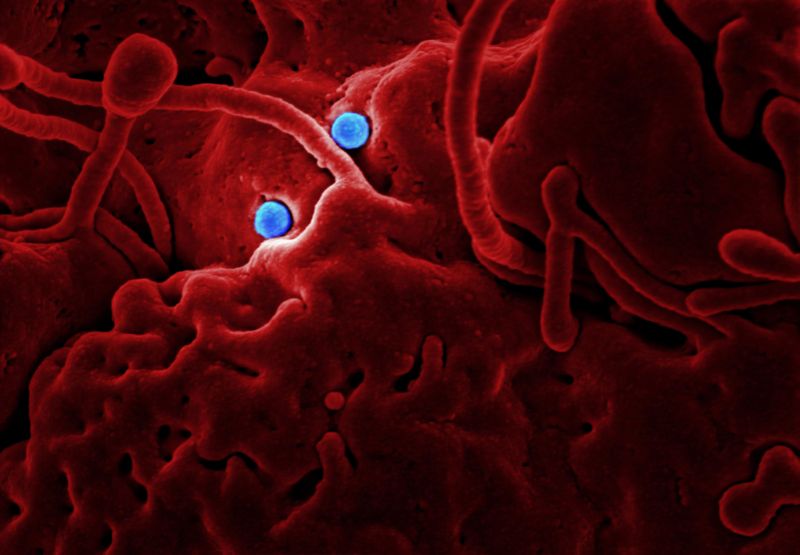
Visit our Covid-19 microsite for the latest coronavirus news, analysis and updates
Follow the latest updates of the outbreak on our timeline.

Discover B2B Marketing That Performs
Combine business intelligence and editorial excellence to reach engaged professionals across 36 leading media platforms.
A research team at Imperial College London (ICL), UK has started animal testing a vaccine against the new coronavirus.
This marks a step ahead of other scientists and companies working to develop a vaccine for the virus.
Research team lead and ICL professor Robin Shattock says approaches are in place to produce the vaccine much faster than previous outbreaks, including SARS epidemic in 2002-2003.
Shattock said: “We have the technology to develop a vaccine with a speed that’s never been realised before. We have successfully generated our novel coronavirus vaccine candidate in the lab, just 14 days from getting the genetic sequence to generating the candidate in the lab.”

US Tariffs are shifting - will you react or anticipate?
Don’t let policy changes catch you off guard. Stay proactive with real-time data and expert analysis.
By GlobalDataIf successful, and if the establishment can obtain additional funding, the vaccine should advance into human clinical trials soon.
Coronavirus vaccine by the University of Oxford
Meanwhile, Jenner Institute at the University of Oxford, UK, signed a contract with Italian firm Advent to manufacture the first batch of the new coronavirus vaccine, ChAdOx1 nCoV-19, for clinical testing.
The seed stock of the vaccine, being produced at Clinical Biomanufacturing Facility of the university, will eventually be moved to Advent, which will initially create 1,000 doses for the first clinical trials.
Researchers used adenovirus, which causes common cold-like symptoms, to produce the vaccines.
The adenovirus has been altered into a safer version so as not to reproduce inside the body. Its new genetic code enables coronavirus generation Spike protein after vaccination, resulting in antibody formation to the protein.




